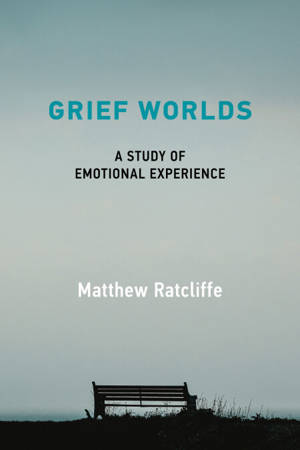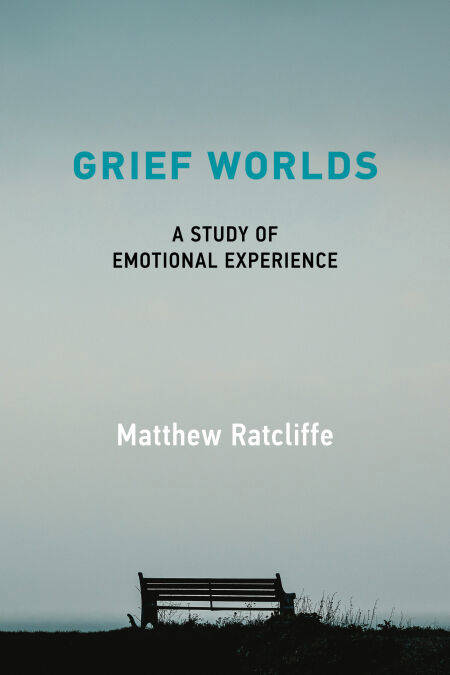
- Afhalen na 1 uur in een winkel met voorraad
- Gratis thuislevering in België vanaf € 30
- Ruim aanbod met 7 miljoen producten
- Afhalen na 1 uur in een winkel met voorraad
- Gratis thuislevering in België vanaf € 30
- Ruim aanbod met 7 miljoen producten
Zoeken
€ 44,35
+ 44 punten
Omschrijving
A wide-ranging philosophical exploration of what it is to experience grief and what this tells us about human emotional life.
Experiences of grief can be bewildering, disorienting, and isolating; everything seems somehow different, in ways that are difficult to comprehend and describe. Why does the world as a whole look distant, strange, and unfamiliar? How can we know that someone is dead, while at the same time find this utterly unfathomable, impossible? Grief Worlds explores a host of philosophical questions raised by grief, showing how philosophical inquiry can enhance our understanding of grief and vice versa.
Throughout the book, Matthew Ratcliffe focuses on the phenomenology of grief: what do experiences of grief consist of, how are they structured, and what can they tell us about the nature of human experience more generally? While acknowledging the diversity of grief, Ratcliffe sets out to identify its common features. Drawing extensively on first-person accounts, he proposes that grief is a process that involves experiencing, comprehending, and navigating a pervasive disturbance of one’s experiential world. Its course over time depends on ways of experiencing and relating to other people, both the living and the dead. Along with its insights into the workings of grief, the book provides us with a broader philosophical perspective for thinking about human emotional experience.
Experiences of grief can be bewildering, disorienting, and isolating; everything seems somehow different, in ways that are difficult to comprehend and describe. Why does the world as a whole look distant, strange, and unfamiliar? How can we know that someone is dead, while at the same time find this utterly unfathomable, impossible? Grief Worlds explores a host of philosophical questions raised by grief, showing how philosophical inquiry can enhance our understanding of grief and vice versa.
Throughout the book, Matthew Ratcliffe focuses on the phenomenology of grief: what do experiences of grief consist of, how are they structured, and what can they tell us about the nature of human experience more generally? While acknowledging the diversity of grief, Ratcliffe sets out to identify its common features. Drawing extensively on first-person accounts, he proposes that grief is a process that involves experiencing, comprehending, and navigating a pervasive disturbance of one’s experiential world. Its course over time depends on ways of experiencing and relating to other people, both the living and the dead. Along with its insights into the workings of grief, the book provides us with a broader philosophical perspective for thinking about human emotional experience.
Specificaties
Betrokkenen
- Auteur(s):
- Uitgeverij:
Inhoud
- Aantal bladzijden:
- 296
- Taal:
- Engels
Eigenschappen
- Productcode (EAN):
- 9780262372602
- Verschijningsdatum:
- 23/01/2023
- Uitvoering:
- E-book
- Beveiligd met:
- Adobe DRM
- Formaat:
- ePub

Alleen bij Standaard Boekhandel
+ 44 punten op je klantenkaart van Standaard Boekhandel
Beoordelingen
We publiceren alleen reviews die voldoen aan de voorwaarden voor reviews. Bekijk onze voorwaarden voor reviews.








